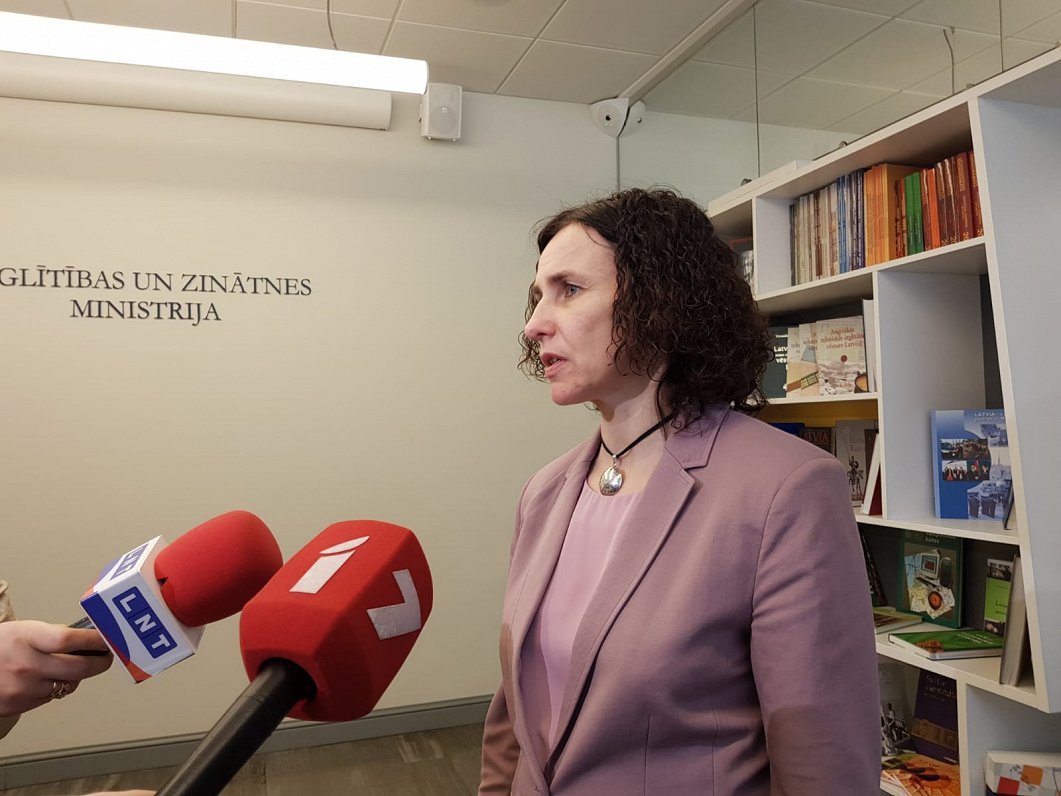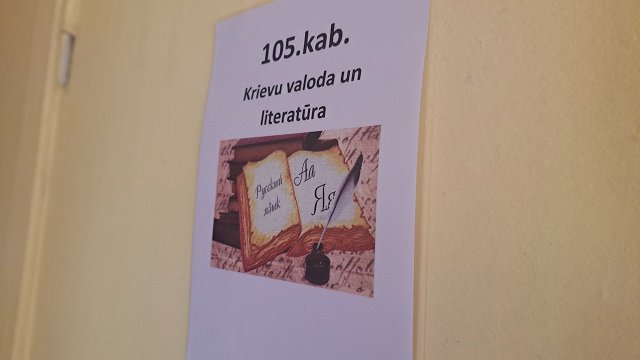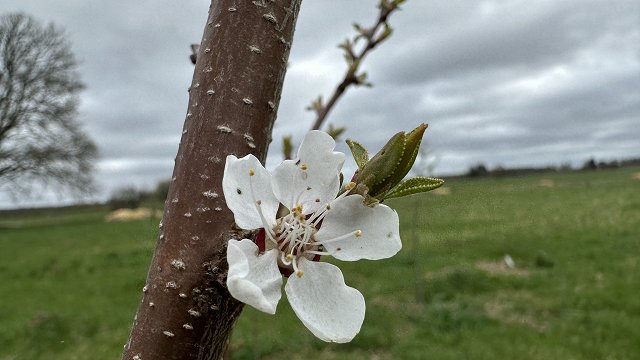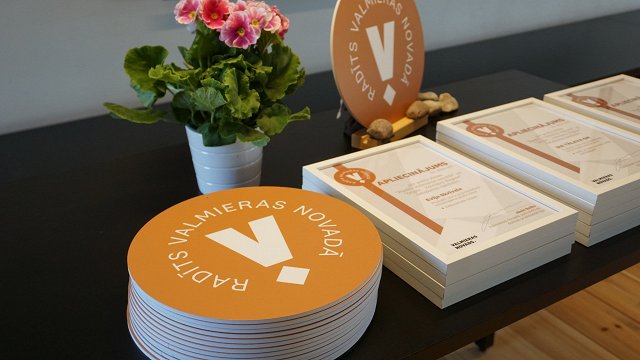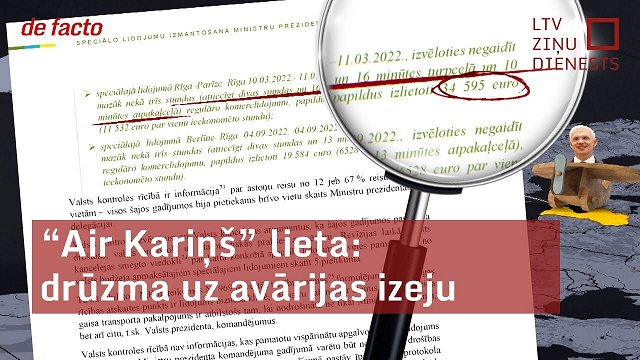The Minister explained that there are just over 600 schools in Latvia. According to her, about 370 schools can remain as they are, but about 200 schools have to think about changing their educational offerings. Most of them are in Daugavpils and Rīga.
Šuplinska promised that the government will soon look at an interim report specifically on upper secondary education, as requested by the Prime Minister.
"It is clear that primary and junior schools remain subject to the condition that they be as close as possible to the child's home," she said, but emphasised that where classses sizes are small, with fewer than ten pupils in a class, one innovation could be the introduction of "family schools" catering to a wider range of ages and reducing the "stress from commuting in early mornings and late evenings," experienced by many pupils who have to travel long distances to school when they get slightly older.
Concerning the secondary schools in particular, the Minister revealed that while a report published in May said that there should be at least 150 students in high schools, the number is now projected to be just 120. Furthermore, in remote rural districts the requirement has been reduced from 120 to 90.
